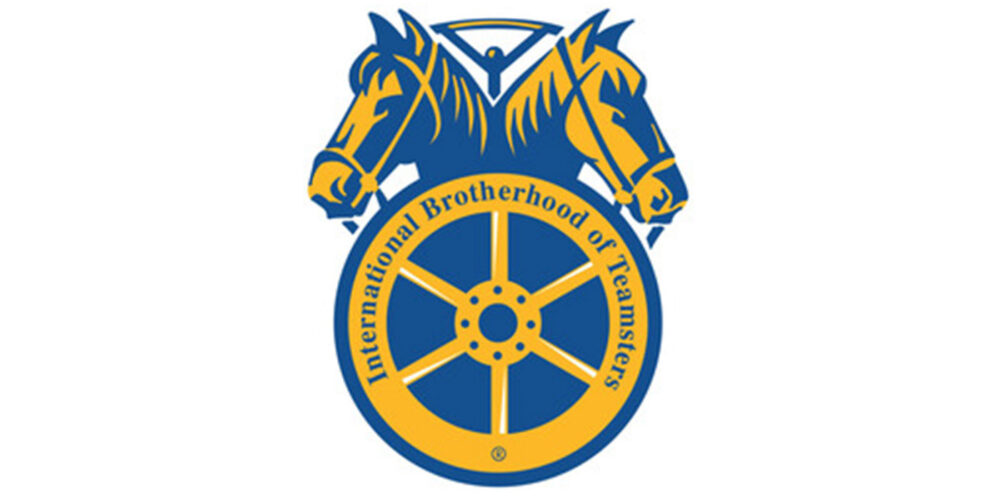By Michael V. Freeze, managing editor
WASHINGTON, D.C. — The U.S. House of Representatives Subcommittee on Commerce, Trade and Consumer Protection held a congressional hearing yesterday concerning the ongoing “Right to Repair” battle between the automotive aftermarket industry and the original equipment manufacturers (OEMs).
The hearing, “Right to Repair: Industry Discussions and Legislative Options,” was held in response to the failed negotiation efforts between the aftermarket associations and OEMs to come to a non-legislative agreement. Rep. Joe Barton (R-TX) called for the hearing to discuss why negotiations between the two groups failed and to have both sides discuss their positions. Rep. Barton has been a champion for the Right to Repair issue since August of 2001. Earlier this year, Rep. Barton, along with Rep. Edolphus Town (D-NY) and Rep. Darrell Issa (R-CA), introduced the Motor Vehicle Owners’ Right to Repair Act of 2005 (H.R. 2048).
“I was pleased to see the participants working toward an agreement and actually make some progress during August and September. I was less happy to see that after years of discussion, they still can’t find a way to agree,” said Rep. Barton. “I’m reminded of the ongoing negotiations between the Palestinians and the Israelis – good intentions on both sides, but they never seem to get anywhere.”
To deal with issues involving service, training and tool information, the OEMs established the National Automotive Service Task Force (NASTF) in 2000. Currently, the voluntary organization helps resolve service related issues between manufacturers and the technician service industry, as part of a voluntary agreement that was brokered between the OEMs and the Automotive Service Association (ASA).
Supporters of the legislation, John Nielsen, director of the American Automobile Association (AAA) Auto Repair Network and Aaron Lowe, vice president of government affairs for the Automotive Aftermarket Industry Association (AAIA), believed that the voluntary agreement between the OEMs and the service technicians, in general, is lacking in effectiveness.
“Our members and many independent repair facilities in AAA’s approved auto repair network continue to tell us of instances where technicians do not have the information or tools they need to fix today’s vehicles,” said Nielsen.
Lowe pointed out that a key issue of concern for the aftermarket that was left unresolved was the need for a commitment by car companies to make both their tools and the tool capabilities available.
“The car companies would not commit to ensuring that the tools that they sell our industry, would have the same capabilities as those provided to the dealer franchises,” said Lowe. In addition, he mentioned that “the car companies could not commit to any enforcement mechanism for providing the tool information or making it available at a reasonable cost.”
Opponents of the legislation, John Cabaniss, director for environment and energy at the Association of International Automobile Manufacturers (AIAM) and Steve Brotherton, president of Continental Imports of Gainesville, FL, a member of ASA, said the agreement between automakers and service technicians is an example of a healthy and productive relationship.
“Automakers already make all vehicle service and training information available to independent technicians via the Internet at the same time it is available to dealers,” said Cabaniss. “Why do we do this? Because very simply no automaker wants to develop a reputation for producing vehicles that are difficult to repair or which can only be serviced at specific, sometimes inconvenient, locations.”
Brotherton agreed. “ASA believes we have an agreement with the automakers that is working in today’s highly technical environment,” said Brotherton. “Please allow us to continue to move our industry forward, working together. We do not need federal intervention in the service information issue. We should know, we are the beneficiaries of these efforts.”
Ranking Democrat of the Subcommittee, Rep. Jan Schakowsky (D-IL) spoke in favor of the bill stating it would provide a level playing field.
“Repair shops, for their part, are finding that they must refer customers to dealers for work they cannot do,” said Rep. Schakowsky. “It is not because the mechanics at the shops are not capable, but because they cannot get the information they need – or they cannot get the information they need in a timely fashion – to make the necessary repairs. So, unfortunately, many of our neighborhood mechanics have had to send good business elsewhere.”
As the future of the Right to Repair bill continues to be unknown, Rep. Cliff Stearns (R-FL), chairman of the Commerce, Trade & Consumer Protection Subcommittee, vowed to monitor whether or not H.R. 2048 would become “a possible remedy.”
“I don’t know if legislation is needed at this time to ensure the exchange of needed repair information, but it appears to me that consumers would benefit from a stronger self-regulatory effort addressing the issues of information and tool availability, dispute resolution and pricing.”
_______________________________________









